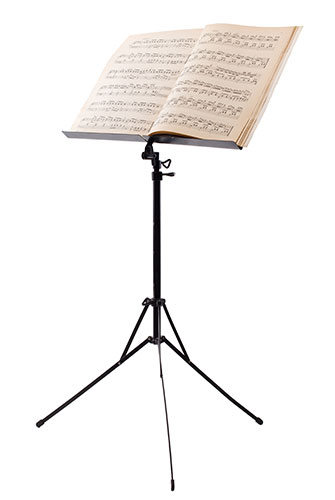Music Theory Lessons
Why choose music theory?
We tend to incorporate some theory/basic understanding of music into all practical instruments we teach. Students who participate in the Royal Conservatory Exams are required as part of their grading in the higher levels to complete Theory Courses in addition to completing exams for their chosen instrument. These courses are also required in order to receive a Secondary High School Credit as well. We teach theory from lesson method books and also give our students old Exams from previous terms so they can have practice completing exams, timing themselves, and get a good understanding of what they can expect at the exam.
Basic Rudiments
This is the first course in the study of music theory. If you’re serious about music, these are fundamental concepts you need to understand and master. Basic Rudiments will start you on your way. Pitch, rhythm, scales, intervals and triads are a few of the topics covered here. This course prepares you for the requirements for the Basic Rudiments Examination of The Royal Conservatory of Music … and if your not planning on taking an exam it is a great way to learn about the fundamentals of basic music theory.
Intermediate Rudiments
Intermediate Rudiments continues the information covered in Basic Rudiments. Information covered includes double sharps and flats, more complex key signatures and scales, chords, compound time, irregular rhythms, augmented and diminished intervals, key recognition and much, much more. Upon completion of this course you will be prepared to write the Intermediate Rudiments examination for the Royal Conservatory of Music.
Advanced Rudiments
The Advanced level completes the rudiments series. The alto and tenor clef, major and minor scales and modes, intervals, chords, cadences and transposition are but some of the topics covered in this level. The course prepares you to write the Royal Conservatory of Music examination in Advanced Rudiments.

